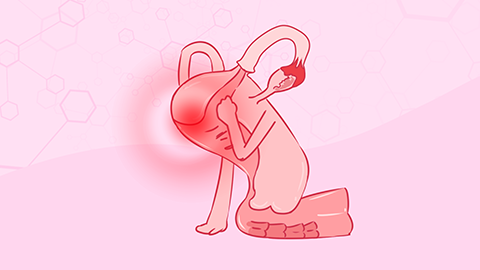What is chronic antral gastritis, and is it serious?
Generally, chronic antral gastritis is a chronic inflammatory disease occurring in the antral region of the stomach. It mainly involves pathological changes such as congestion, edema, and erosion of the antral mucosa after being stimulated by various factors. The severity of chronic antral gastritis needs to be determined according to the degree of gastric mucosal lesions. If the mucosal lesions are mild, symptoms are slight, and there are no complications, the condition is not severe. However, if the mucosal lesions are severe, symptoms are significant, and complications are present, the condition is considered serious. If discomfort occurs, timely medical consultation is recommended. Detailed analysis is as follows:

Chronic antral gastritis refers to a chronic inflammation limited to the antral region of the stomach, with main lesions usually confined to the mucosal layer, although they may extend to the muscular or serosal layers. Its development is associated with multiple factors, including Helicobacter pylori infection, unhealthy dietary habits, long-term use of certain medications, and psychological stress. Most patients experience dull or distending pain in the upper abdomen, with pain lacking a distinct pattern and often worsening after eating. Common symptoms also include loss of appetite, nausea, vomiting, belching, and a feeling of fullness after consuming small amounts of food, which may lead to weight loss. Patients with chronic antral gastritis can take medications such as cimetidine tablets, hydrotalcid tablets, and domperidone tablets under a doctor's guidance.
If chronic antral gastritis is at a mild stage, characterized only by mild congestion and edema of the antral mucosa, and the patient's symptoms are minor, such as occasional brief episodes of upper abdominal discomfort and slight belching, with minimal impact on daily life and work, and without Helicobacter pylori infection or other serious complications, the condition is generally not considered severe. With adjustments to diet and improvements in lifestyle habits, there is a high likelihood that the gastric mucosa can return to normal.
When chronic antral gastritis progresses to moderate or severe stages, with significant mucosal erosion, ulcers, or even precancerous lesions such as intestinal metaplasia and atypical hyperplasia, the condition is considered serious. Patients may experience frequent and intense upper abdominal pain, accompanied by recurrent nausea, vomiting, hematemesis (vomiting blood), and melena (black tarry stools), which severely affect quality of life and may lead to complications such as anemia and malnutrition.
In daily life, it is important to maintain good eating habits, including regular and measured meals, avoiding excessive hunger or fullness, minimizing consumption of spicy, greasy, raw, or cold irritating foods, and eating more bland, easily digestible foods rich in nutrients.






